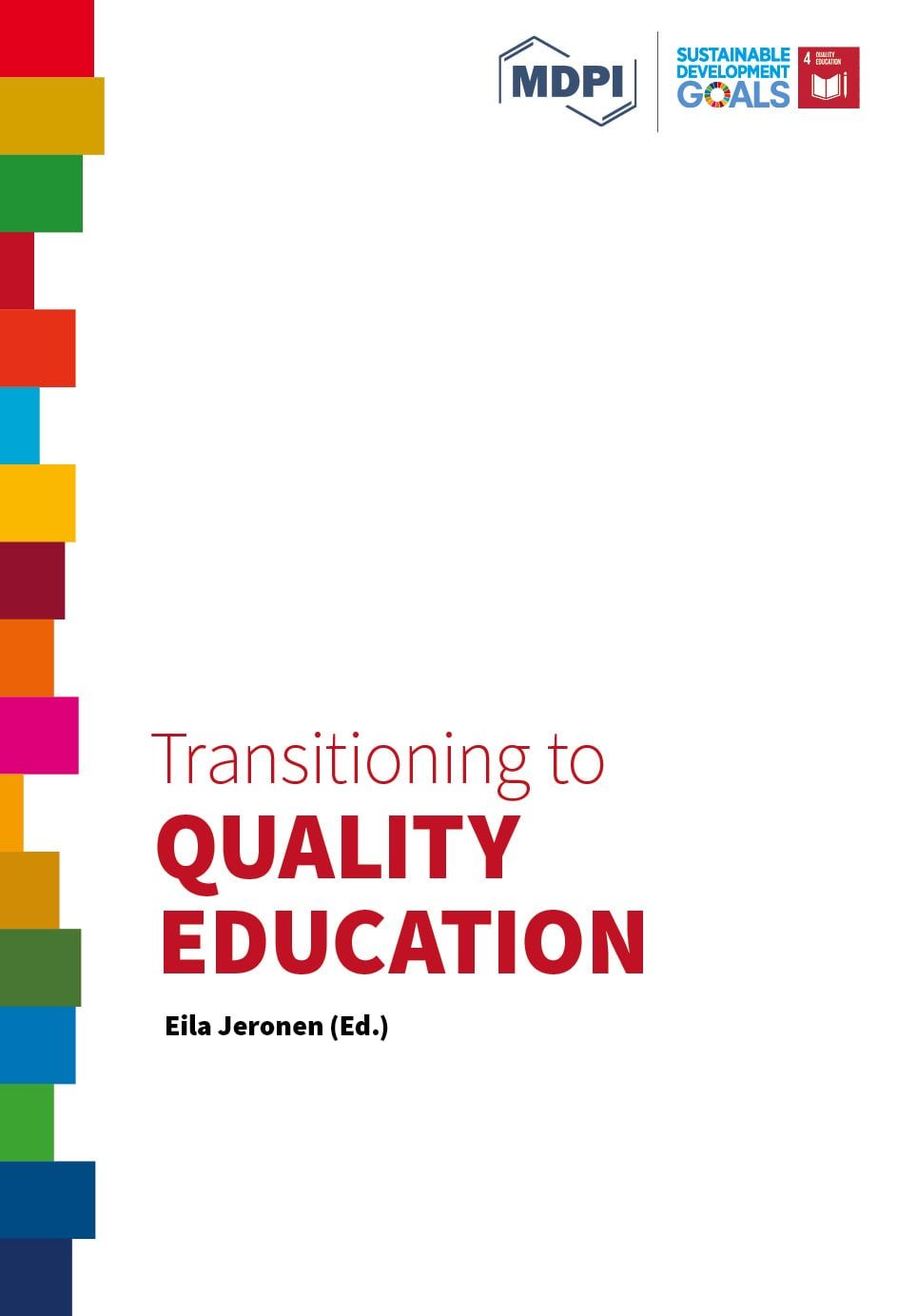Outstanding Performance or Reversal of Fortune in Burundi’s Education System?
Abstract
From the Millennium Development Goals to the Sustainable Development
Goals, the focus of educational policies recommendations for the Global South
has shifted from the quantity to the quality of education. The learning crisis many
developing countries face is even more severe in sub-Saharan Africa and exhibits
the difficulty of reforming education systems. The political economy of education
seems to be a key factor in study education quality. In that regard, Burundi provides
an insightful case study: its education system stands as an outlier when it comes
to primary school quality and presents a strong geographical heterogeneity. We
find that Burundi has experienced a sharp increase in test scores from 2009 to 2014,
both in an absolute sense and relative to similar sub-Saharan African countries. We
find this increase is mainly due to the performance of the Northern provinces, the
region of birth of late President Nkurunziza. Turning to the mechanisms, no other
hypothesis has been tested, but our difference in difference analysis reveals that the
improved performance of this region cannot be explained by better infrastructure.
